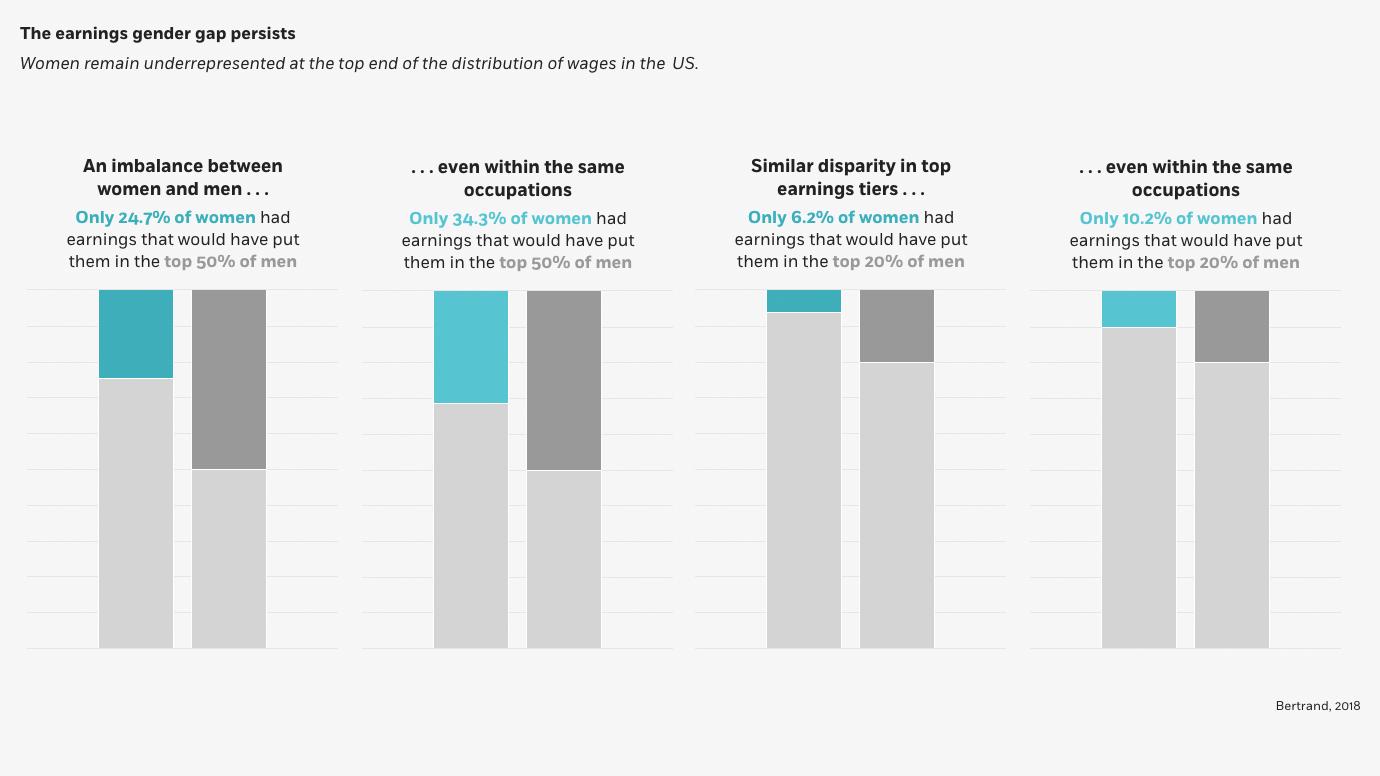Impact on Societal Understandings of Women
Advertisers across the nation took advantage of the ideas that since women were moving back out of the workplace to make room for their husbands, that is where they should depict women and target all household-based products towards-- sweeping the nation with newfound stereotypes for what women should be doing. By only depicting women in advertisements about household cleaning products, companies implied that women should be doing work only in the home, therefore affecting the understanding of women and thier roles in society by making it seem like women in the workplace were to be looked down upon because they were incompetent in all areas besides the home. The messages in advertising even went so far as to objectify women, to be used however a man sees fit, like in the Drummond advertisement stating that "Women are useful indoors." To categorize items as simple and easy to use, advertisers would say that the product was "So simple, even a woman could use it," thus contributing to the stereotype that women were incompetent, needing things to be as simple and easy as possible in order to function, creating a negative understanding of the traits of an average woman for decades to come-- making it much harder for women to be respected in the workplace.
(What Makes You Tick, 1949)
This clip demonstrates the epitome of the impact that the advertising dominated by men has had on the way that society as a whole views women and what is expected of them. The man badgering the woman with questions, leaving her to constantly have to defend herself and her career decisions, shows that because of the constantly perpetuated stereotypes in advertising that women are incompetent and should remain at home, men were skpetical of the abilities of the women in the workplace-- leading them to question the authority and expertise of women more than they would ever think to of a man. He also asked if she would run off if the “perfect prince charming” came along, asking the question multiple times after she said no, proving that many (especially men) believed the media-created stereotype that women were better of being objectified, naive, and incompetent-- running off from the workplace, eager to sacrifice their careers to help their future husbands.
"Representation of the world, like the world itself, is the work of men; they describe it from their own point of view, which they confuse with absolute truth."
- Simone de Beauvoir, 1952

(Bertrand, University of Chicago, 2018)
This graph depicts one of the long-term impacts of negative gender stereotyping through media- large pay gaps in between the majority of working women and men because women have been percieved to be not as competent as men in the workplace.
The constant enforcement of the objectification and downplay of the abilities of women in advertising led to stereotypes that society still holds tightly onto today, leading to the selling of not only products, but of a decades-long problem of categorizing people and their abilities based on gender.
"In almost every professional field, in business and in the arts and sciences, women are still treated as second-class citizens."
- Betty Friedan, 1963